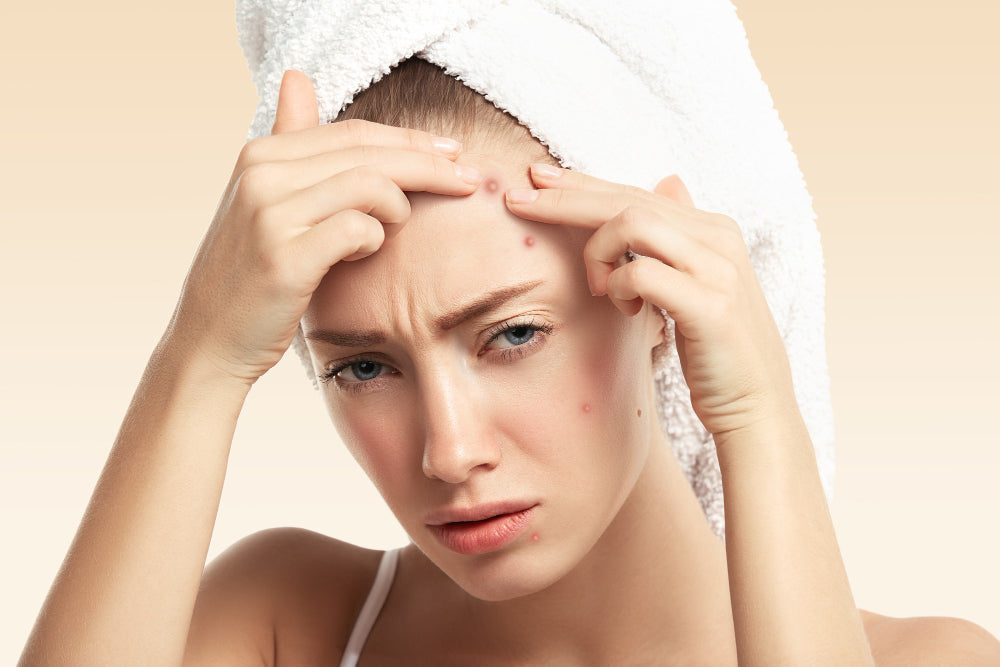
How Stress Affects Acne: The Comprehensive Guide
Share
Acne is a skin condition that affects millions of people worldwide and is characterized by the formation of pimples, blackheads, and whiteheads. Acne is prevalent in adolescents, with up to 85% of individuals experiencing it at some point during puberty. However, it can also affect adults. Stress is known to be a contributing factor to the development of acne.
Understanding Acne
Acne is caused by the overproduction of sebum, which clogs the pores and creates an environment for bacteria to thrive. There are several types of acne, including acne vulgaris, cystic acne, and nodular acne. Acne can affect people of all ages and skin types, but it is most common in adolescents.
How Stress Affects Acne?
Stress triggers the release of hormones such as cortisol and androgens, which can increase the production of sebum and worsen acne. Inflammation, which is also linked to stress, can exacerbate acne and make it more difficult to treat. Unhealthy habits such as lack of sleep, poor diet, and smoking can also contribute to stress-related acne.
The Link Between Stress and Adult Acne
- Stress can cause an increase in sebum production, leading to clogged pores and acne breakouts.
- Stress can weaken the immune system, making it more difficult for the body to fight off acne-causing bacteria.
- Stress can cause inflammation, leading to redness, swelling, and irritation of the skin, which can exacerbate acne.
- Stress can also disrupt the balance of hormones in the body, which can lead to hormonal acne in adults.
Stress Acne: What Causes It and How It Differs From Other Acne
A. Stress acne is a type of acne that is caused by stress and can appear as small, red, and inflamed bumps on the skin.
B. Causes of stress acne include increased sebum production, inflammation, and hormonal imbalances.
C. Treatment options for stress acne include topical treatments, oral medications, and lifestyle changes.
D. Hormonal acne, which is caused by hormonal imbalances, is a type of acne that can be exacerbated by stress.
How to manage Stress Acne?
A. Prevention strategies for stress-related acne include reducing stress, maintaining a healthy diet and lifestyle, and using non-comedogenic skincare products.
B. Tips for managing stress include exercise, meditation, deep breathing, and spending time outdoors.
C. Effective treatments for stress-related acne include topical retinoids, benzoyl peroxide, and oral antibiotics.
